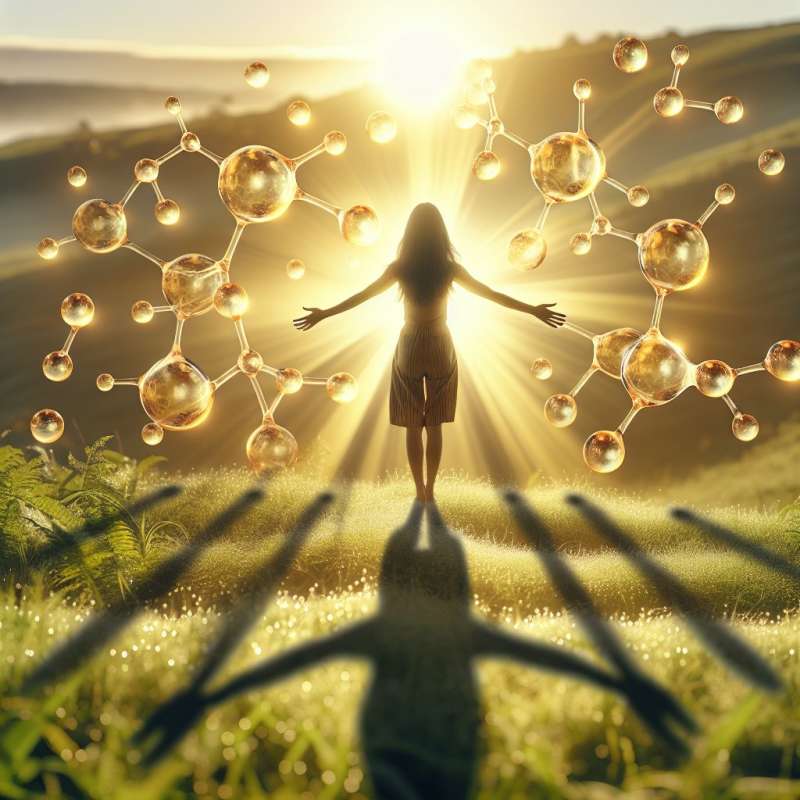
Vitamins: Organic Essentials
Vitamins are organic compounds crucial for human health, yet not synthesized in sufficient quantities by the body. They must be obtained from diet or supplements to prevent deficiency diseases.
Two Vitamin Classes
Vitamins are categorized into fat-soluble (A, D, E, K) and water-soluble (B-complex, C) based on their solubility. This distinction affects their absorption, storage, and excretion processes within the body.
Vitamin C: Antioxidant Powerhouse
Ascorbic acid, or vitamin C, is a potent antioxidant. Surprisingly, it's involved in synthesizing neurotransmitters, collagen, and carnitine, and it also enhances iron absorption.
Niacin's Unexpected Uses
Niacin, or vitamin B3, not only aids in energy metabolism but is also used therapeutically to treat high cholesterol, revealing its versatility beyond a simple dietary nutrient.
Vitamin D's Misconception
Contrary to popular belief, vitamin D is not just a vitamin but also a hormone. It regulates calcium metabolism and is synthesized through skin exposure to sunlight.
K1 vs K2: Vitamin K Types
Vitamin K exists as K1 (phylloquinone) in plants and K2 (menaquinone) produced by gut bacteria. While K1 is well known for blood clotting, K2 is crucial for bone health.
B12: Complex Absorption
Vitamin B12 is unique as it requires a protein called intrinsic factor for absorption. Deficiencies can cause anemia and neurological disorders, highlighting the importance of B12 in nerve function and blood formation.
What are vitamins?
Inorganic body-synthesized compounds
Organic compounds, dietarily essential
Synthesized in ample quantities internally
Company